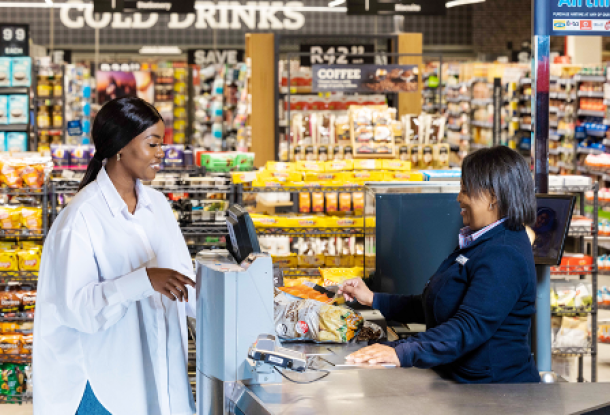
Millions in SA should start shopping online soon - if data costs, deliveries are sorted out
South Africa’s e-commerce sector looks set for explosive growth. According to FNB, the average e-commerce spend already increased by 30% in the first half of 2020 compared to the year prior. Rand Merchant Bank expects the sector’s value to surge by 150%, to R225 billion, within the next five years.
Luke Daniel , Business Insider SA
The market’s growth in 2020 has been spurred by consequences of the global coronavirus pandemic. While brick and mortar retailers have been squeezed by stringent restrictions, online shopping has boomed. Whether for fear of safety in crowded, enclosed spaces or a heightened awareness of digital convenience, more South Africans are shopping online today than ever before.
OneDayOnly, a South African e-retailer which offers daily discounts on a range of products, recorded a 128% increase in sales so far in 2020. The country’s largest e-retailer, Takealot, increased its revenue by 28% in the year to March (even before lockdown started).
A survey by OneDayOnly among almost 6,000 South Africans showed that around 62% of online shoppers are in the 25 to 44 year age bracket. The majority (61%) of respondents said they shop online due to the convenience, while 15% believe online shopping provides a greater selection of items to choose from, and another 15% reckon things are generally cheaper online.
But despite the big growth in online retail, South Africa’s e-commerce market still lags behind the global curve. South Africa's online spend accounts for only 2% of all retail transactions, compared to the global average of 16%, according to Euromonitor. The South African online market therefore remains largely untapped. Statista market and consumer data projects that 31.6 million South Africans could be converted to online shopping by 2024 - but large challenges lie ahead.
The first is South Africa's exorbitant data costs and patchy access to the internet. Data in South Africa ranks as some of the most expensive in the world which, coupled with unreliable coverage, makes accessing online shops a difficult task.
“I hope data costs continue to come down more and more. It’s definitely a concern, our data costs in South Africa are extremely high and as those prices go down it will definitely assist us in terms of e-commerce driving sales,” explains director of sales and marketing at OneDayOnly, Laurian Venter. “Data costs, as well as internet accessibility in general, acts as one of the biggest barriers for eCommerce growth in SA. For the industry to flourish, the building blocks have to be in place first.”
Another major problem is setting up a delivery infrastructure to deliver goods to townships, where the majority of black adults live.
“Logistics will be an issue,” says Lunique Theunissen, head of marketing at OneDayOnly. “So, apart from just the data costs, how do we actually get products to the smaller towns and informal settlements? That’s a big thing for all e-commerce players; how we reach those markets with deliveries.”
South African consumers are also still predominantly bound to cash sales and although this is changing with the acceptance of card-based payments, first-time buyers have noted that trust issues do exist with online systems. “We need to engage in an educational way to drive consumers and teach them about the safety mechanisms in place which makes online shopping and the payment functionality safe,” explains Theunissen.
News Category
- International retailers
- On the move
- Awards and achievements
- Legislation
- Wine and liquor
- Africa
- Going green
- Supplier news
- Research tools
- Retailer trading results
- Supply chain
- Innovation and technology
- Economic factors
- Crime and security
- Store Openings
- Marketing and Promotions
- Social Responsibility
- Brand Press Office
Related Articles
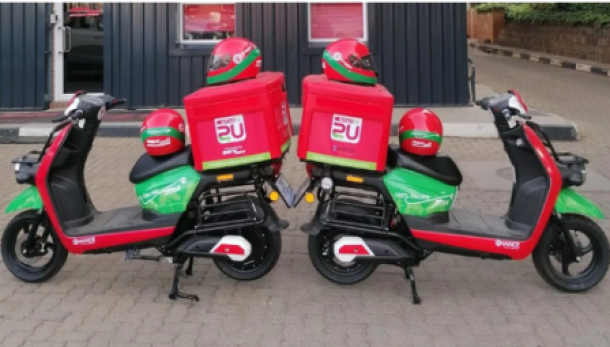
Two local businesses see a gap as food and groc...
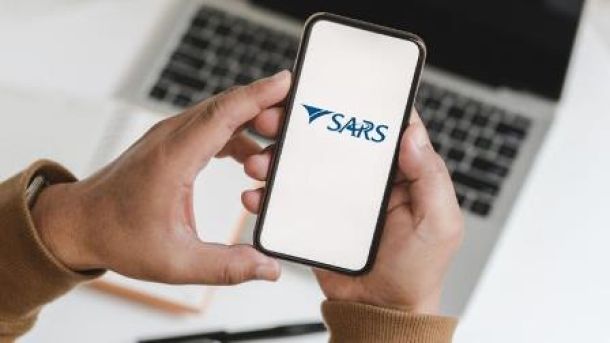
SARS launches WhatsApp channel to help check ta...
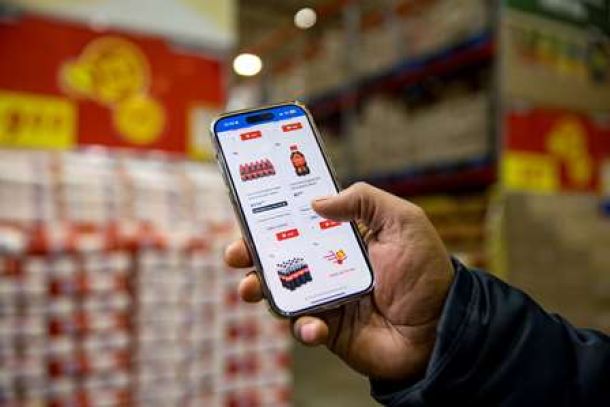
Shoprite launches online shopping and bulk deli...
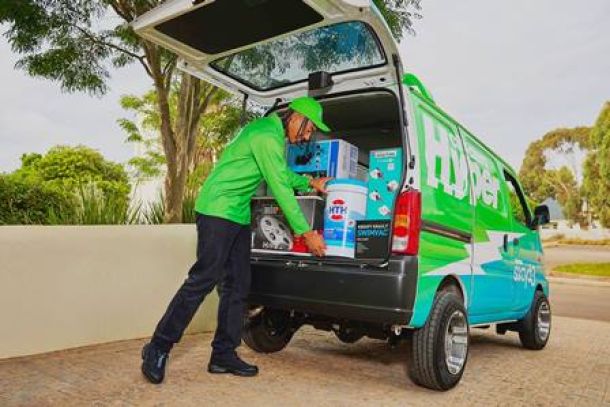
Sixty60 promises lightning-fast delivery of 10 ...
